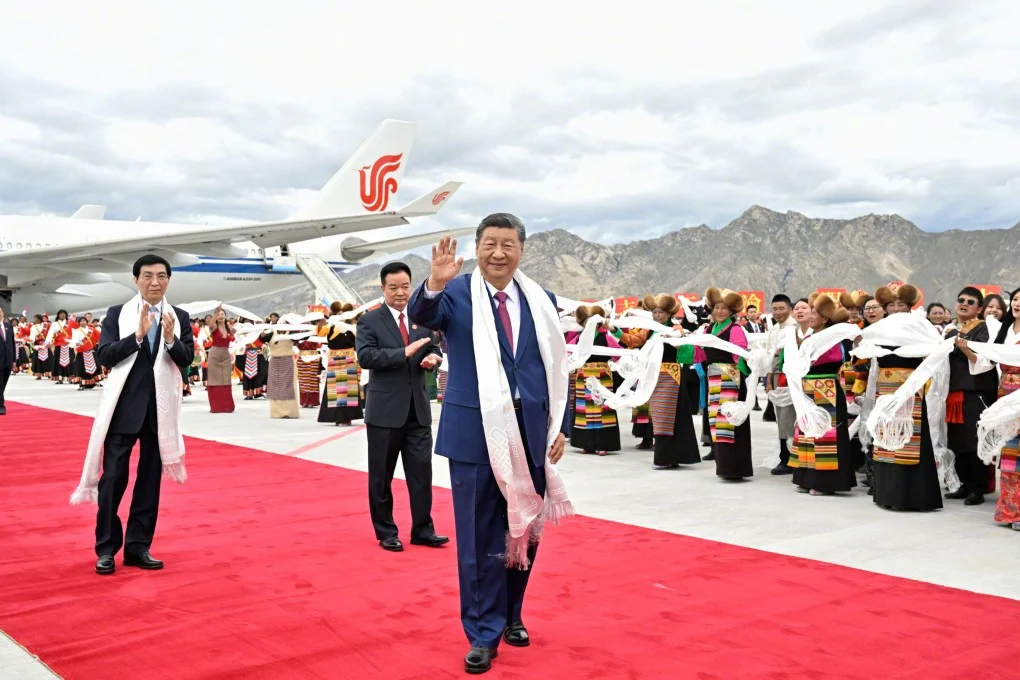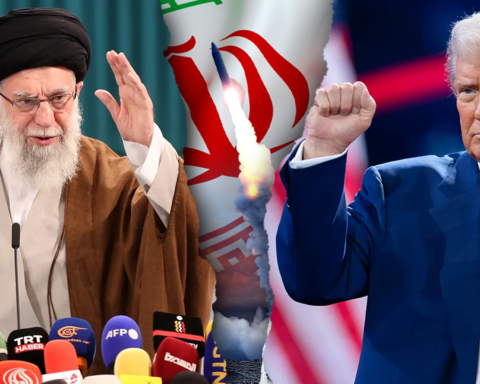Chinese President Xi Jinping has made a rare visit to Tibet to mark the 60th anniversary of its establishment as an autonomous region under Beijing’s administration.
The visit comes at a time when the Himalayan territory remains at the heart of debates over cultural identity, political control, and international attention.
Xi arrived in Lhasa on Wednesday, where he was greeted by thousands of residents, including community leaders, government officials, and people representing what Chinese authorities described as “all ethnic groups and all walks of life.” The main celebrations took place at the historic Potala Palace, once the residence of the Dalai Lamas, now a UNESCO World Heritage Site and one of the most iconic landmarks in Tibet.
The anniversary ceremony featured songs, dances, colorful floats, and banners promoting themes of unity, development, and security. Addressing the crowd, Xi called for building a “modern socialist Tibet” that is “united, prosperous, harmonious, and beautiful.” He emphasized the importance of maintaining political stability, strengthening economic growth, and guiding Tibetan Buddhism to “adapt to socialist society,” a theme often repeated by Beijing in recent years.
Joining Xi on the stage was senior party figure Wang Huning, who underscored China’s position that Tibet’s affairs are a domestic matter. He praised the progress made under Communist Party leadership and warned against foreign interference or separatist sentiments.
Also Read; BRICS Nations Transforming Global Views Via Media Collaboration
This was Xi Jinping’s second visit to Tibet as president, the first being in 2021. Analysts say his presence underlines the region’s strategic importance, not only as a cultural and historical center but also as a sensitive border area neighboring India, Nepal, and Bhutan.
While the Chinese government highlights economic growth, infrastructure projects, and improved living standards in Tibet, rights groups continue to raise concerns about restrictions on religious practice, language use, and surveillance. Critics argue that the grand anniversary events, though visually impressive, serve more as a display of control than a reflection of cultural inclusion.
One issue that remains particularly contentious is the question of the Dalai Lama’s succession. Beijing insists it holds authority over the process, while Tibetans in exile and international supporters maintain that the spiritual leader’s reincarnation should remain outside government influence.
Internationally, Xi’s visit has drawn attention not only for its symbolism but also for its timing. With rising global scrutiny over China’s treatment of ethnic minorities, Tibet remains a focal point alongside Xinjiang and Hong Kong. Observers note that Beijing is seeking to project an image of unity and prosperity while reinforcing its sovereignty in the region.







